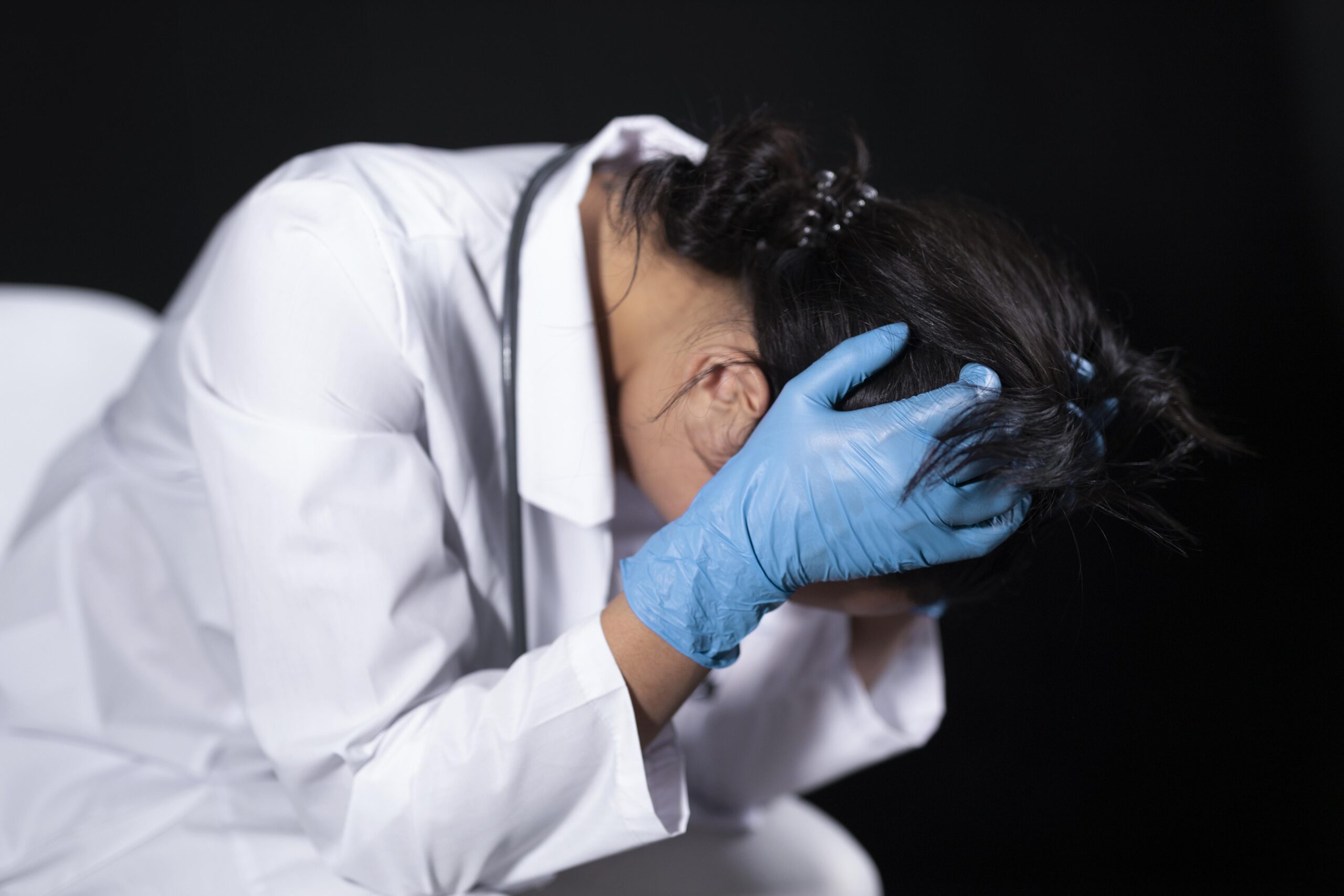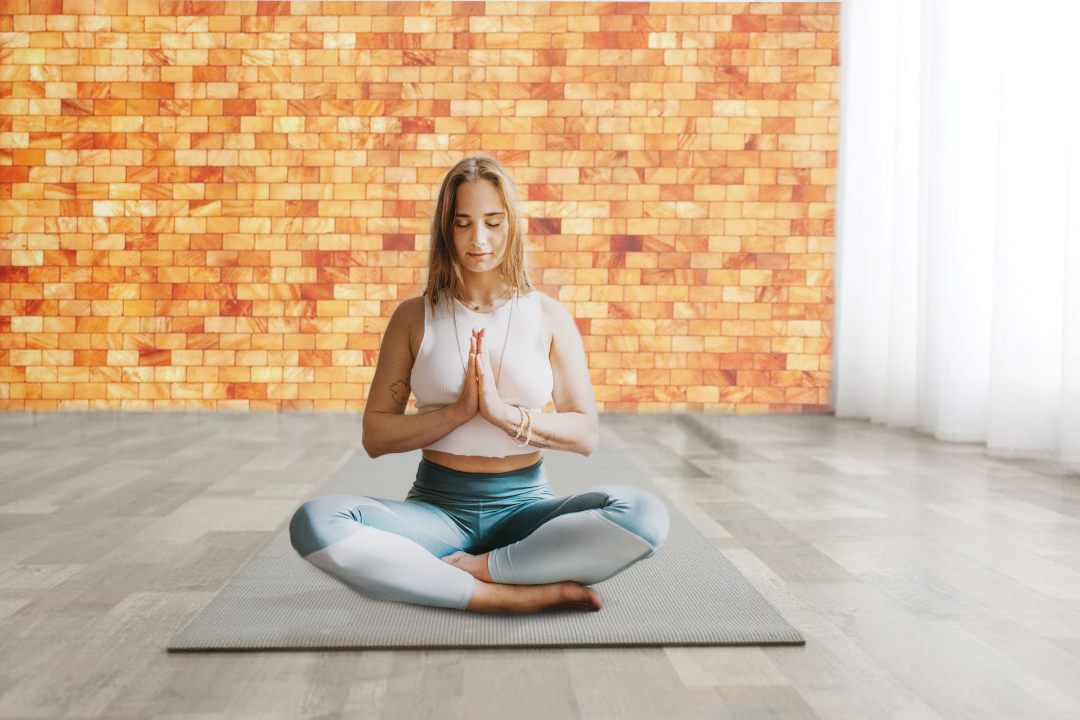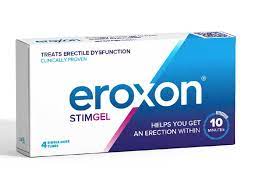Sleep is a vital component of our overall well-being. During these moments of slumber, our bodies repair, recharge, and rejuvenate. However, for some individuals, achieving restful sleep can be a challenge. Sleep disorders and disturbances can impact our daily lives, leaving us fatigued and unproductive. That is where sleep labs come into play. This article will explore the world of sleep labs, shedding light on their purpose, procedures, and benefits.
The Importance of Sleep
Sleep is a fundamental biological process that allows our bodies and minds to recharge. It plays a crucial role in various aspects of our health, including cognitive function, emotional well-being, immune system regulation, and cardiovascular health. When we experience sleep disturbances, it can have a cascading effect on our overall health and daily functioning.

Common Sleep Disorders
Before delving into the intricacies of sleep labs, it is essential to understand some of the most common sleep disorders that can affect individuals. These disorders include:
H1: Insomnia
Insomnia is the inability to fall or stay asleep, leading to chronic sleep deprivation. It can be caused by various factors, including stress, anxiety, medication, or underlying health conditions.
H2: Sleep Apnea
Sleep apnea is a disorder characterized by interrupted breathing during sleep. It occurs when the airway becomes partially or completely blocked, leading to brief pauses in breathing. This condition can result in daytime sleepiness and an increased risk of cardiovascular problems.
H2: Restless Leg Syndrome (RLS)
RLS causes an uncontrollable urge to move the legs, usually accompanied by an uncomfortable sensation. This sensation often worsens at night and can disrupt sleep, leading to fatigue and daytime sleepiness.
What Are Sleep Labs?
Sleep labs, also known as sleep centers or clinics, are specialized medical facilities that diagnose and treat sleep disorders. These facilities are equipped with state-of-the-art equipment and staffed by sleep technologists who monitor and analyze a patient’s sleep patterns and behaviors during overnight sleep studies.

The Role of Sleep Technologists
Sleep technologists play a critical role in sleep labs. These highly trained professionals conduct sleep studies, monitor patients during their sleep, and analyze the collected data. They work closely with sleep specialists to identify sleep disorders and develop appropriate treatment plans.
Sleep Lab Procedures
Patients who visit a sleep lab undergo various procedures to evaluate their sleep patterns. These procedures may include:
- Polysomnography (PSG): PSG is the gold standard test for diagnosing sleep disorders. It involves monitoring brain activity, eye movements, muscle tone, heart rate, and respiratory patterns during sleep.
- Multiple Sleep Latency Test (MSLT): MSLT measures daytime sleepiness by assessing how quickly a person falls asleep in a quiet environment during the day.
- Maintenance of Wakefulness Test (MWT): MWT evaluates a person’s ability to stay awake during specific times when they are instructed to remain awake.
Types of Sleep Studies
Sleep studies conducted in sleep labs can provide valuable insights into a patient’s sleep patterns and help diagnose various sleep disorders. Some common types of sleep studies include:
- Diagnostic Sleep Study: This study is performed to diagnose the presence and severity of sleep disorders.
- Continuous Positive Airway Pressure (CPAP) Titration Study: It helps determine the optimal pressure settings for individuals with sleep apnea who use CPAP therapy.
- Split-Night Sleep Study: This study combines diagnostic testing and CPAP titration within a single night, allowing for an efficient diagnosis and immediate treatment of sleep apnea.
Benefits of Sleep Labs
Sleep labs offer numerous benefits for individuals struggling with sleep disorders. These benefits include:
- Accurate diagnosis of sleep disorders through comprehensive sleep studies.
- Personalized treatment plans tailored to individual needs.
- Continuous monitoring and adjustment of treatment strategies as needed.
- Improved sleep quality, leading to enhanced overall health and well-being.
Improving Sleep Hygiene
In addition to seeking professional help from sleep labs, individuals can adopt healthy sleep habits to improve their sleep quality. Here are some tips for better sleep hygiene:
- Maintain a consistent sleep schedule by going to bed and waking up at the same time each day.
- Create a relaxing bedtime routine to signal your body that it’s time to sleep.
- Keep your sleep environment comfortable, calm, quiet, and free from distractions.
- Limit exposure to electronic devices, caffeine, and stimulating activities before bedtime.
Enhancing Sleep Environment
Optimizing your sleep environment can contribute to better sleep quality. Consider the following suggestions:
- Invest in a comfortable mattress and pillows that provide adequate support.
- Use blackout curtains or an eye mask to block out unwanted light.
- Use earplugs or a white noise machine to minimize noise disruptions.
- Keep the room at a relaxed and comfortable temperature.
Alternative Therapies for Sleep Disorders
In addition to conventional treatments, some individuals may find relief from sleep disorders through alternative therapies. These therapies include:

- Acupuncture: This ancient practice involves the insertion of thin needles into specific points on the body to promote better sleep and overall well-being.
- Yoga and Meditation: Engaging in gentle yoga poses and practicing meditation can help reduce stress, relax the mind, and improve sleep quality.
- Herbal Supplements: Certain herbal supplements, such as valerian root and chamomile, are known for their calming properties and can aid in better sleep.
Conclusion
Sleep labs are crucial in diagnosing and treating sleep disorders, allowing individuals to achieve restful sleep and improve their overall well-being. Patients undergoing sleep studies in these specialized facilities can gain valuable insights into their sleep patterns and receive personalized treatment plans. Remember, better sleep leads to a healthier, happier life.
FAQs
How long does a sleep study take?
A typical sleep study in a sleep lab lasts for one night. Sometimes, a split-night sleep study may be conducted, combining diagnosis and treatment within the same night.
Can I bring my own pillow to a sleep lab?
While most sleep labs provide pillows, you may bring your own if it helps you feel more comfortable during the study.
Will I be able to sleep in a sleep lab environment?
It is common for individuals to experience difficulty falling asleep initially due to the unfamiliar environment. However, sleep technologists are trained to create a comfortable setting to promote sleep.
How soon will I get the results of my sleep study?
The time taken to receive sleep study results may vary depending on the sleep lab and the type of study performed. Generally, results are provided within a few days to a few weeks.
Can children undergo sleep studies in sleep labs?
Yes, sleep studies can be conducted on children as well. Pediatric sleep labs are specifically designed to accommodate the needs of young patients.



